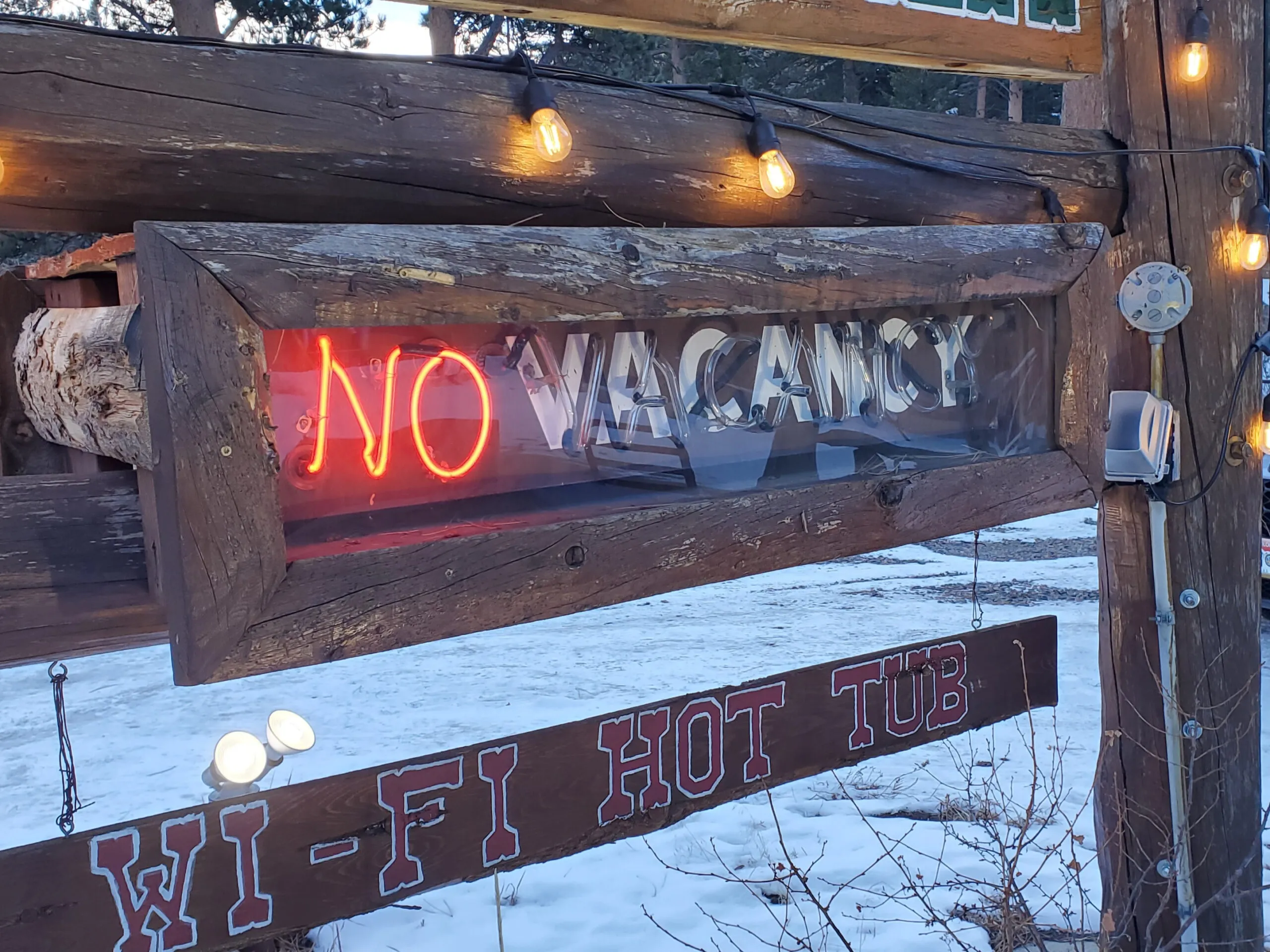Swiss company engineers core for Chimney Hollow

BERTHOUD — The Chimney Hollow main dam will use an asphalt core — a technology developed in the United States as far back as 1910 on the Central Dam in California. It was used into the 1960s, then fell out of popularity.
Meanwhile, foreign companies such as Walo International Ltd., a company headquartered in Switzerland with a U.S. headquarters in New York, perfected the technology to install asphalt cores in the middle of dams.
It was a matter of necessity.
SPONSORED CONTENT
“We started this about 86 years ago in central Europe to create dams and reservoirs in the Alps. There isn’t much clay in the Alps,” said David Wilson, Walo’s managing director of Walo UK Ltd. and senior vice president of Walo U.S. Holdings.
And there isn’t enough clay at Chimney Hollow, the site of Northern Water’s new Windy Gap Firming Project reservoir, to build the main dam. Clay is the traditional medium for dam cores in this country. The soil at Chimney Hollow does contain enough clay for the smaller saddle dam at the south end of the reservoir, but not the 392-foot high, 3,700-foot long main dam at the north end of the 90,000 acre-foot reservoir.
So when Northern Water began to spec its new reservoir and dam, it vetted companies around the world that specialize in asphalt core dams. There aren’t many, maybe four or five, Wilson said.
When it bid the project, it required bidders to select from the vetted list, and Barnard Construction chose Walo.
Wilson, who spoke with BizWest from his office in the United Kingdom, said that Walo is a family-run company that in June transitioned to its fifth generation of operational ownership. It employs about 2,500 people worldwide and does about $750 million in work each year. Only 11 of those people are on site at Chimney Hollow.
Walo has done work in 80 countries on four continents, Wilson said.
“In 2014, we started to move toward operations in the United States,” Wilson said. While Walo could compete as a general contractor in the U.S., the company isn’t interested in that. Instead, it wants to offer niche services such as installation of asphalt cores. And interest has grown.
“Last week, I was in France at an international conference on large dams, and we were approached by various owners of infrastructure,” he said. Among them was Colorado Springs Utilities, which is scoping out contractors to help with work on the dam at Montgomery Reservoir, located at 10,873 feet above sea level in the Mosquito Range of Colorado north of Alma.
As described by Wilson, the asphalt application at Chimney Hollow will be a strip of bitumen brought in for this purpose and mixed with aggregates mined on the site to create an impermeable barrier in the middle of the dam. “It will last longer than the rest of the dam,” Wilson said about its longevity. “We brought an asphalt plant with us,” he said.
At the bottom just above the plinth, or base concrete layer of the dam, the core will be 3.3 feet in thickness and gradually become thinner as the dam rises. Using a mixture that Walo has perfected in its laboratories and proprietary equipment to install it, the company will place the asphalt layer after layer, eight or 10 inches deep at a time across the length of the dam, east to west. “There are five or six core finishers in the world, and we have two of them,” Wilson said.
The material is placed hot, so each new layer will reheat the surface of the previous layer and adhere as a single component. “They fuse together,” Wilson said.
Barnard expects to be working double shifts during the time that the core is installed and still won’t be able to keep up with Walo, Wilson said. Barnard said that it will be dumping 100 tons of aggregate every two minutes for two years to build the dam wall embankments on either side of the asphalt core as it rises to the top of the dam.
“We compete on our production rates. We design machinery that improves productivity with few people who maintain the quality,” Wilson said. “It’s all about speed of installation.”
Wilson said there are about 125 dams around the world with asphalt cores. “This is a nice dam. Globally, it’s one of the largest dam projects going on right now, and in the U.S. it is the largest. It is the first significant large dam in the U.S. to have an asphalt core; there are a number in Canada and Latin America,” he said.
Walo, which is the first name of the company’s founder, Walo Bertschinger, has maintained its family nature over the generations, he said. “Everytime we represent Walo, we represent the family. That’s very important. That’s why standards and quality have to be maintained. We act in a proper way,” he said.
BERTHOUD — The Chimney Hollow main dam will use an asphalt core — a technology developed in the United States as far back as 1910 on the Central Dam in California. It was used into the 1960s, then fell out of popularity.
Meanwhile, foreign companies such as Walo International Ltd., a company headquartered in Switzerland with a U.S. headquarters in New York, perfected the technology to install asphalt cores in the middle of dams.
It was a matter of necessity.
“We started this about 86 years ago in central Europe to create dams and reservoirs in the Alps. There isn’t much clay in…





